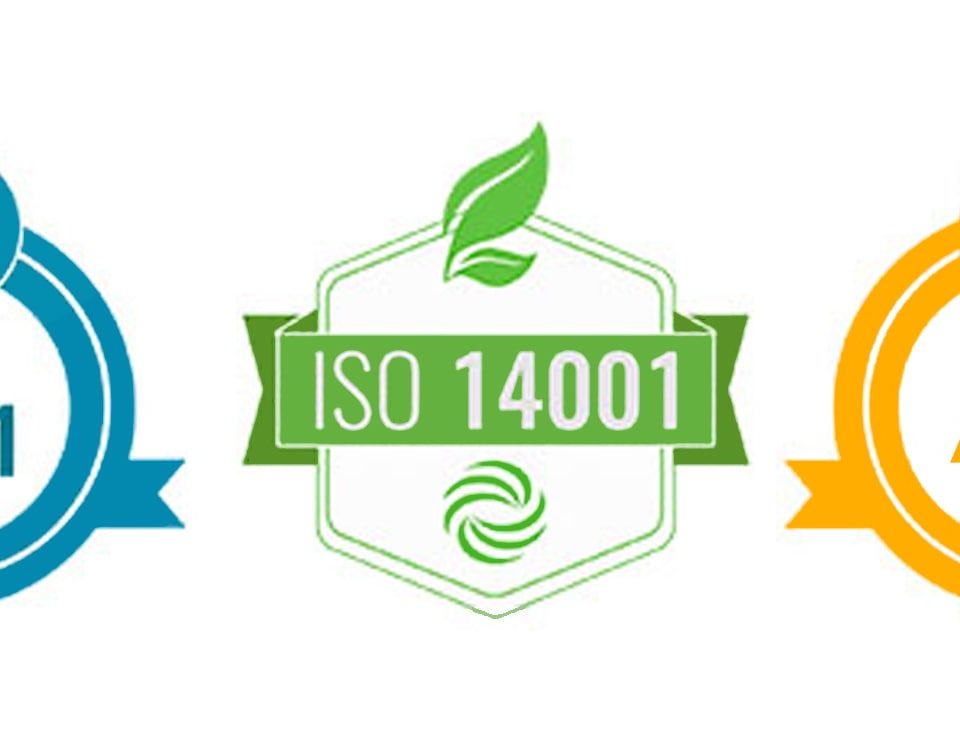How to be a Vietnamese translator?
How Many Languages Can One Person Speak?
27th May 2025
Can I translate official documents myself?
2nd June 2025Becoming a Vietnamese translator—whether you’re translating from Vietnamese to another language or into Vietnamese—involves a mix of language skills, cultural knowledge, training, and practical experience. Here’s a step-by-step guide to help you become a professional Vietnamese translator:
✅ 1. Master Both Languages
You must be fluent in:
-
Vietnamese (either as a native or near-native speaker).
-
Your source language (e.g., English, French, Chinese, etc.)—with strong reading comprehension and vocabulary.
📝 Tip: Fluency means more than basic communication. You should understand slang, idioms, technical terms, and cultural nuances in both languages.
✅ 2. Study Translation Techniques
Consider formal education or self-study in:
-
Translation theory and practice
-
Grammar and stylistics of both languages
-
Specialized fields (legal, medical, technical, literary)
🎓 Options:
-
University degrees in translation/languages
-
Online courses
-
Workshops or translation certifications (e.g., ATA, CIOL)
✅ 3. Build Subject-Matter Expertise
Many translators specialize in a niche to become more marketable:
-
Legal
-
Medical
-
Business
-
Technical manuals
-
Subtitling/media
🧠 The more you know about a specific field, the more accurate and valuable your translations will be.
✅ 4. Practice Regularly
-
Start by translating news articles, websites, or short stories.
-
Get feedback from native speakers or mentors.
-
Keep a translation journal or portfolio.
🧪 Tip: Practice both direct translation (into your native language) and inverse translation (into your second language).
✅ 5. Use Translation Tools
Familiarize yourself with:
-
CAT tools (Computer-Assisted Translation): e.g., SDL Trados, MemoQ, Wordfast
-
Glossaries and termbases
-
Machine translation post-editing (MTPE) tools like DeepL or Google Translate
📚 These tools increase productivity and ensure consistency.
✅ 6. Get Certified (Optional but Valuable)
While not always required, certification can boost your credibility:
-
ATA (American Translators Association) – has English ↔ Vietnamese certification
-
CIOL (UK-based) – Chartered Institute of Linguists
-
National translator certification in Vietnam or your country
✅ 7. Build a Career
💼 Freelance:
-
Create profiles on platforms like ProZ, Upwork, or Fiverr
-
Network with agencies or publishers
-
Build a website or blog to showcase your work
🧳 In-House or Agency:
-
Apply to translation companies, embassies, NGOs, or multinational firms
-
Consider interpreter roles if you prefer spoken language work
✅ 8. Stay Updated
Language evolves! Keep learning by:
-
Reading news, books, and media in both languages
-
Following professional translation forums and groups
-
Attending webinars and translation conferences
🏁 Final Advice:
Becoming a successful Vietnamese translator is a long-term commitment, but it offers rewarding opportunities—especially in a globalized world where Vietnamese is increasingly important in business and culture.
Would you like suggestions on courses, tools, or a translation sample test?
TDN Translation is a professional translation company in Vietnam. Besides, Each translator on our team has over five years of translation experience.
We will send you a test to assess your language proficiency in Vietnamese, English and other languages.


